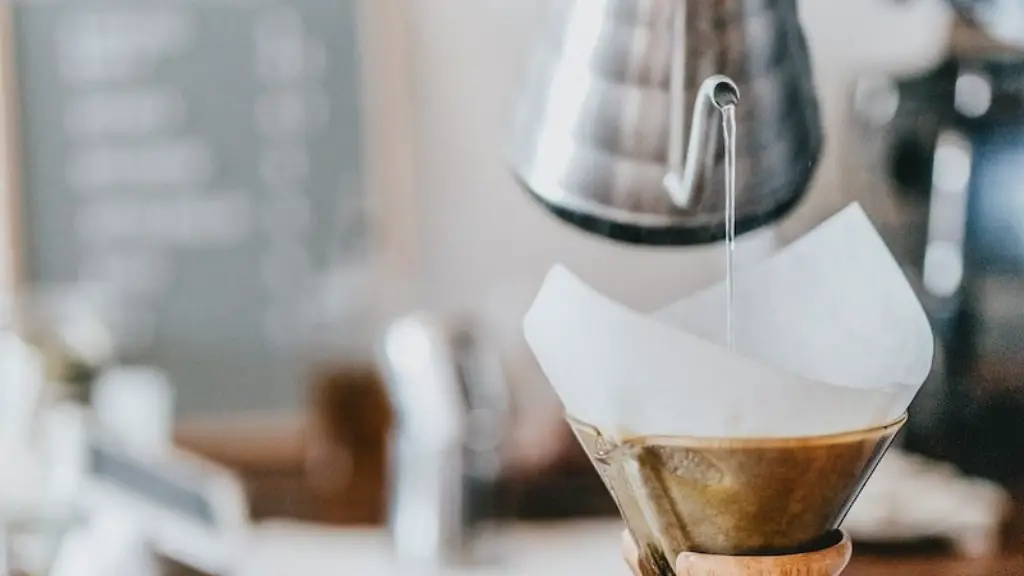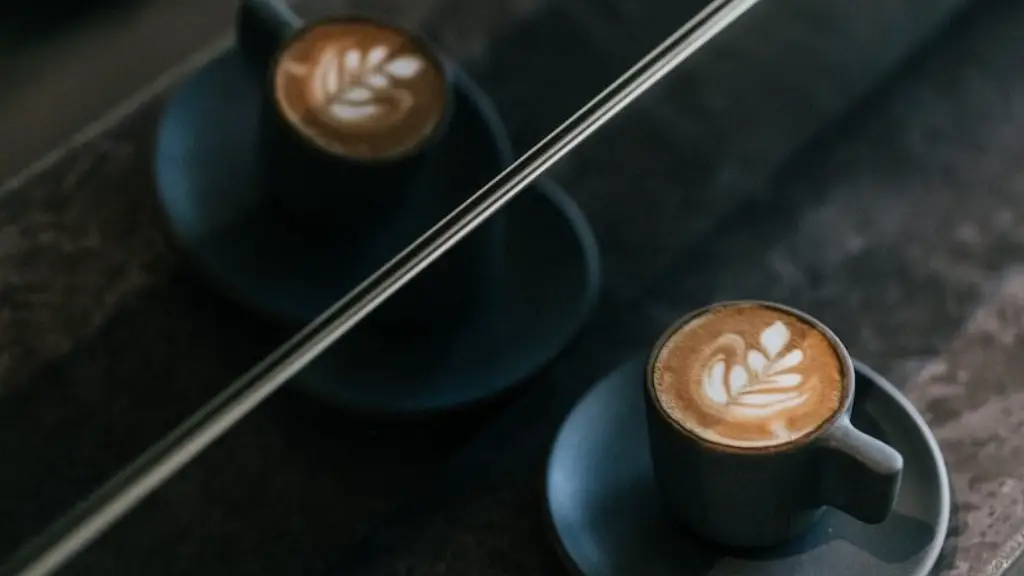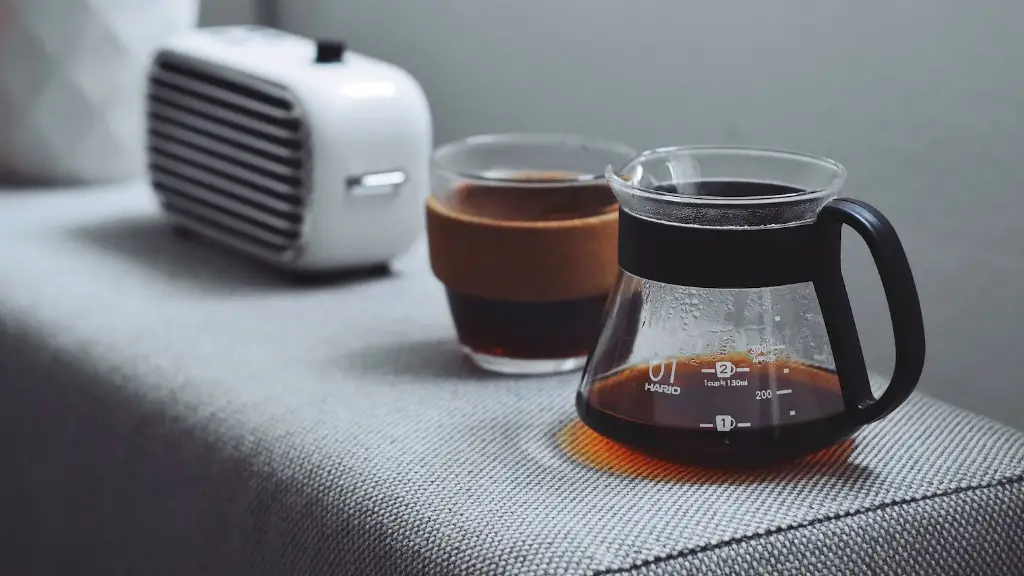Coffee consumption has long been a popular way of starting the day, however has coffee consumption become something to worry about with the use of blood thinners?
Many people take blood thinners, such as warfarin, as part of their everyday prescription drug regime. Blood thinners are designed to prevent blood clots from forming and reduce the risk of dangerous complications from stroke, heart attack and in some instances, deep vein thrombosis (DVT).
The idea of potentially interacting with blood thinners is daunting for many, hence the valid question of should you be drinking coffee with blood thinners?
The short answer is for most people, it is safe to drink coffee when taking blood thinners. However, blood thinners can affect the body differently from person to person, and it is worth taking a few precautions to reduce any risks that come with drinking coffee while on blood thinners.
Firstly, be sure to check with a physician or pharmacist before drinking coffee while taking a blood thinner. Before consuming any beverage or food, it is also important to research how it might interfere with the efficacy of any medications that you are taking.
Caffeine can be found naturally in tea and chocolate and has many purported health benefits such as improved concentration and alertness. But it is important to note that caffeine is also a powerful stimulant which can interact adversely with certain medications, including blood thinners. It is worth checking with a doctor or pharmacist to determine whether caffeine could interact with a person’s medication.
It is also worth monitoring the amount of caffeine a person drinks, as excessive amounts can cause increased heart rate, jitteriness, headaches, and in extreme cases, stroke and even death.
In the case of blood thinners, caffeine can boost the effectiveness of the medication, leading to an increased risk of bleeding. If a person on blood thinners drinks too much caffeine, it can build up in the bloodstream, resulting in potentially dangerous side effects.
As such, it is important to know how much caffeine a person can safely consume while still taking a blood thinner. Generally, it is recommended that a person on a blood thinner should limit their intake to no more than two cups of coffee, or 250 milligrams of caffeine, per day.
Eating Habits
As well as drinking habits, it is important to be conscious of eating habits when taking blood thinners. Foods high in vitamin K, such as kale, spinach and broccoli can be beneficial to an overall healthy diet, but they can interfere with the clotting process of blood thinners. Thus, it may be worth consulting with a doctor or nurse to ensure a person taking a blood thinner is not eating too much vitamin K-rich food.
Foods high in fiber can also interfere with how the body absorbs blood thinners, and should generally be avoided in high quantities. Additionally as with all medications, it is also important to avoid alcohol when taking blood thinners as this can reduce the efficacy of the medication.
Overall, while it is safe to consume caffeine while taking a blood thinner in many cases there are a few key points to be aware of. Check with your physician or pharmacist, and be mindful of your caffeine intake, especially when combined with other foods or beverages.
Frequency of Use
It is important to know the frequency with which one should drink coffee while on blood thinners. Generally, it is recommended that a person on blood thinners should only consume coffee in moderation and should not have more than two cups per day. Too much coffee can have adverse effect on blood thinners’ efficacy by thinning the blood further than desired.
It is also important to note that decaffeinated coffee is not necessarily a healthier option. Studies have found that decaffeinated coffee may still contain some caffeine, which can be enough to cause adverse reactions when mixed with blood thinners. Therefore it may be best to avoid both regular and decaffeinated coffee altogether.
In addition to limiting coffee intake, it is also important to be aware of the timing of consumption. It is generally recommended that a person taking a blood thinner should not consume caffeine within two hours prior to or after taking the medication as this can interfere with the absorption of the blood thinner.
Alternative Beverages
If someone on blood thinners chooses to abstain from coffee altogether, there are a few other options for beverages to seek out. Herbal tea such as chamomile or rooibos can provide a great alternative to coffee, as can hot or cold juices such as cranberry or citrus. Other options include soy milk, almond milk and coconut milk, which can be consumed with coffee or on their own.
Some people may also opt to consume water or plain tea as an alternative to coffee, which can be beneficial for a number of reasons. Water is essential for overall health and keeping the body hydrated, and plain tea can be a refreshing substitute to coffee, especially when infused with a selection of herbs or fruits.
Overall Health
Drinking coffee while taking a blood thinner is generally safe, but there are a few precautions to take in order to reduce any risk of adverse reactions. Firstly, speak to a doctor or pharmacist about any potential interactions between various medications and foods. Secondly, monitor your caffeine intake and limit it to no more than two cups per day, and avoid caffeine two hours prior to or after taking a blood thinner.
Finally, consider other beverages as an alternative to coffee, with an emphasis on drinking lots of water which is essential for overall health. By following these steps, it is likely that a person can safely drink coffee while taking a blood thinner, provided the right precautions are taken.
Smoking Habits
Another important factor to consider with consuming coffee while taking a blood thinner is smoking habits. Smoking is a known risk factor for stroke and heart attack and is considered very dangerous when combined with blood thinners. Smoking can interfere with the effectiveness of blood thinners and it is important for someone on a blood thinner to consider quitting smoking.
Smoking also increases the risk of adverse reactions to caffeine, so those on a blood thinner are advised to either refrain from smoking or quit if possible. There are a variety of methods for quitting smoking and some people may find weight replacement therapy, counselling, or medications more beneficial than others.
Naturally, it is recommended that anyone taking blood thinners should refrain from consuming coffee while smoking or even when not smoking. Additionally, it is important to consider the effects of passive smoking, and to ensure that any family members or friends who might be smoking around someone on a blood thinner are aware of the potential risks of caffeine consumption.
Other Considerations
Consuming coffee while taking a blood thinner can present some potential risks, especially in those who are vulnerable to cardiovascular events or other comorbidities. Several studies have found that combining a blood thinner with caffeine may lead to irregular heartbeat, high blood pressure, or even in extreme cases, strokes, seizures, and death. As such, it is recommended to speak to a doctor or pharmacist if you are considering consuming caffeine while on a blood thinner.
It is also worth noting that some medications may be best avoided altogether if a person is taking a blood thinner, as certain medications may interfere with the efficacy of the blood thinner. Aspirin, for example, is best avoided, as it can interfere with the absorption of the blood thinner. Likewise, nonsteroidal anti-inflammatory drugs (NSAIDs) may also increase the risk of bleeding, so should be used with caution when combined with a blood thinner.
Overall, it is important to be mindful of any potential interactions between caffeine, medications or other substances when taking a blood thinner. Knowing what to avoid and monitoring the amount of caffeine consumed is essential for reducing any risks that come with drinking coffee while on a blood thinner.





